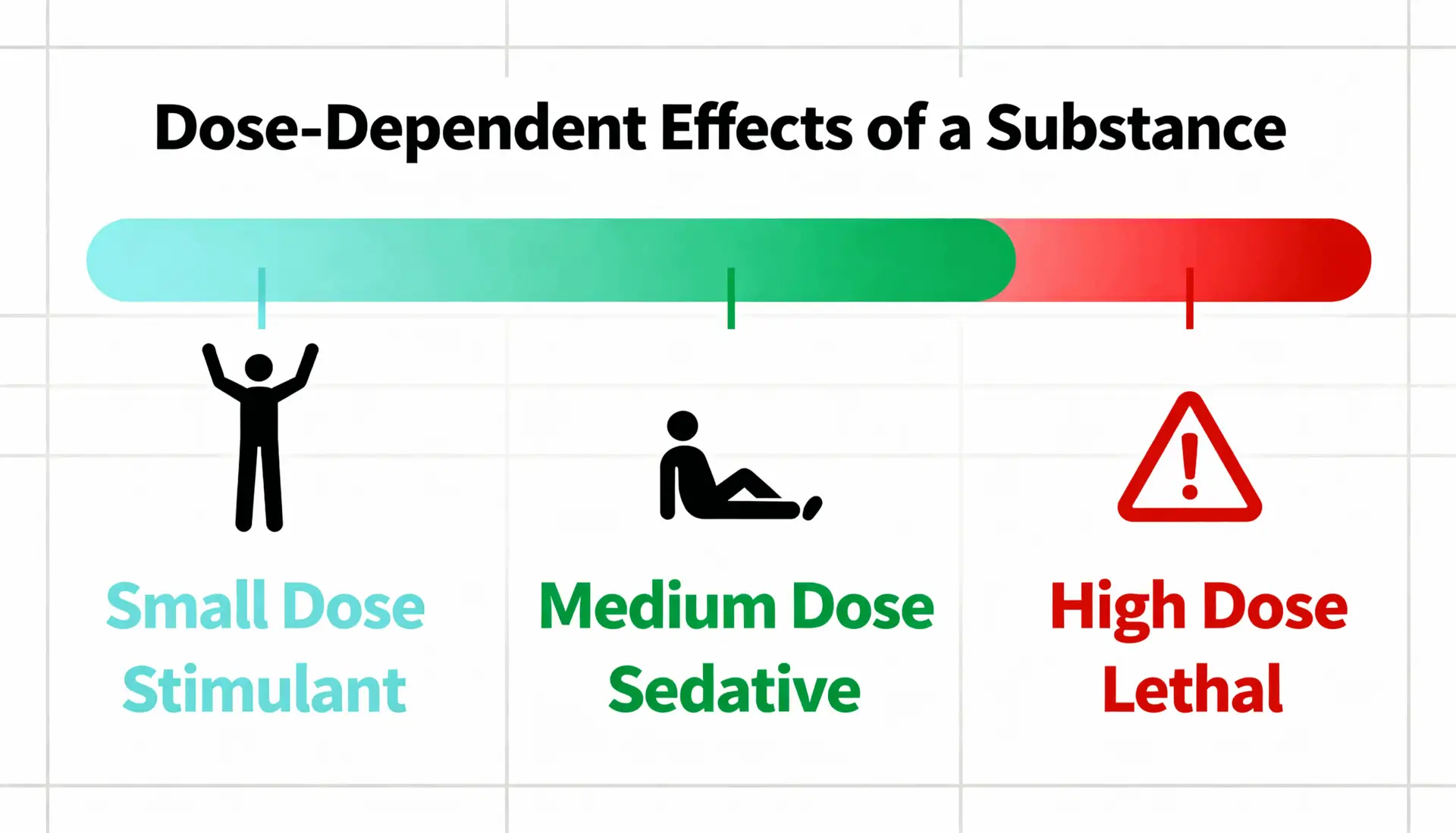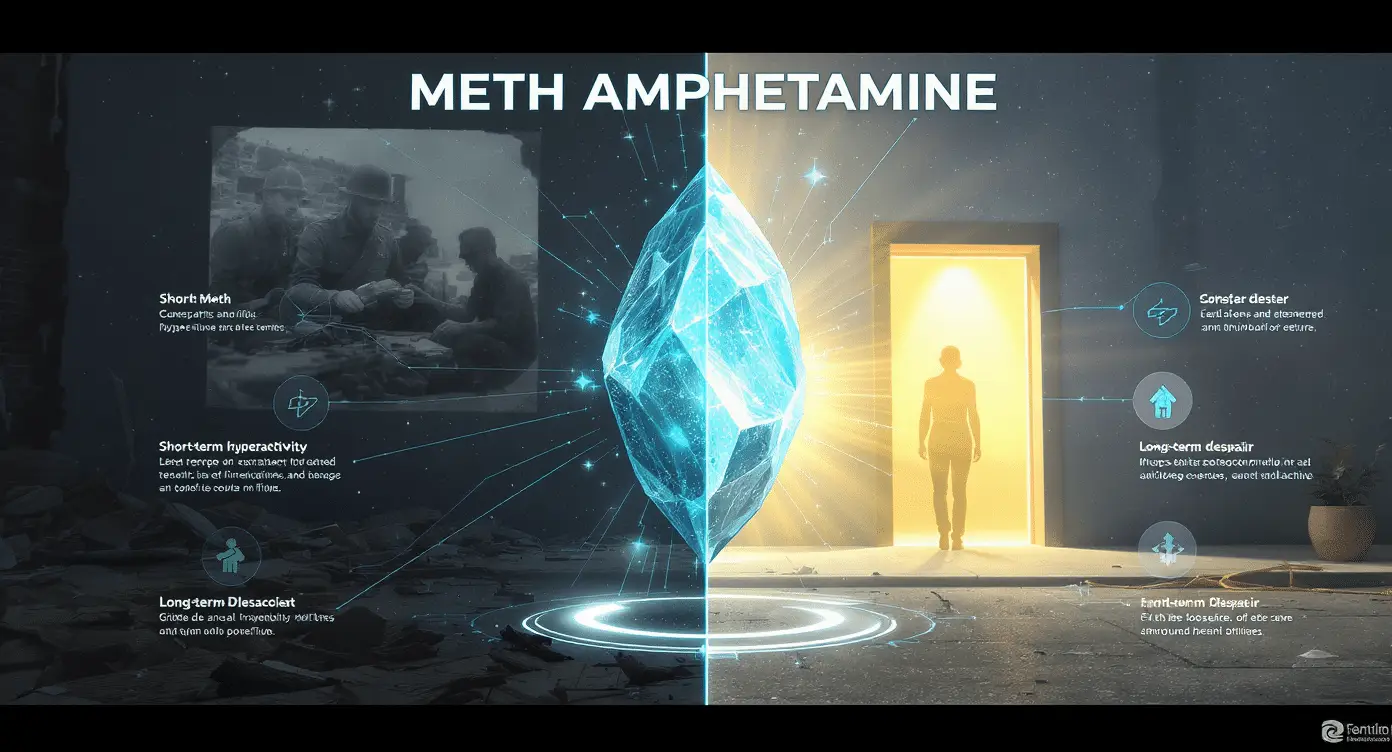Marijuana dependency hides behind routine
You don’t need needles, street corners, or hospital beds to be addicted. You just need to feel like you can’t stop. Many people use marijuana daily without ever asking themselves: Is marijuana addictive?
They laugh about it. They say it’s “just weed.” But then come the late mornings, the missed deadlines, the irritability without it. Slowly, without drama, it takes control.
What cannabis addiction looks like today
Marijuana addiction doesn’t always look intense. It looks like:
- Needing it to function
- Feeling edgy when it runs out
- Losing interest in things that mattered
- Telling yourself you could quit—but never actually doing it
- Planning your day around when you’ll get high again
These patterns are not rare. And they don’t just happen “somewhere else.”
Cannabis use disorder is real—especially in Europe
The European Monitoring Centre for Drugs and Drug Addiction (EMCDDA) confirms it: thousands of Europeans seek treatment for cannabis-related problems every year. Heavy use—especially of high-potency strains—leads to addiction, poor school or work performance, and emotional instability.
Cannabis is the most consumed illicit drug in Europe. If it weren’t addictive, people wouldn’t need help to quit.
Modern cannabis is stronger than ever
Ask someone who smoked in the 90s and someone who smokes today—it’s not the same plant. THC levels have tripled or quadrupled. Some concentrates now hit 70–90% THC.
That’s not casual. That’s engineered addiction.
This increased strength leads to faster tolerance, stronger cravings, and more intense withdrawals.
Withdrawal isn’t imagined—it’s measurable
Try to stop after daily use and you might hit:
- Restlessness
- Sleep problems
- Low mood
- Anger or frustration
- Cravings that make you question everything
That’s not weakness. That’s dependency.
Recovery means freedom—not substitution
Narconon offers a drug-free rehabilitation program where people actually clear cannabis from their system and rebuild their ability to choose. No substitution. No numbing. Just clarity and real tools to take back control.
➡️ Want to understand how cannabis affects decision-making and mental clarity?
Read this: Marijuana Effects and Risks
FAQ About Marijuana Addiction Answered
Is marijuana addictive?
Yes. Frequent cannabis use can lead to addiction. The stronger the product and the earlier the use starts, the higher the risk.
What are the warning signs?
Daily use, withdrawal symptoms, loss of interest in daily life, failed attempts to quit, and mood swings without cannabis.
Can withdrawal from marijuana be serious?
Yes. Many users experience anxiety, irritability, insomnia, and strong cravings that can last days or weeks.
How can someone get help?
Programs like Narconon offer long-term, drug-free solutions that help restore full responsibility and clarity—without replacing one substance with another.



